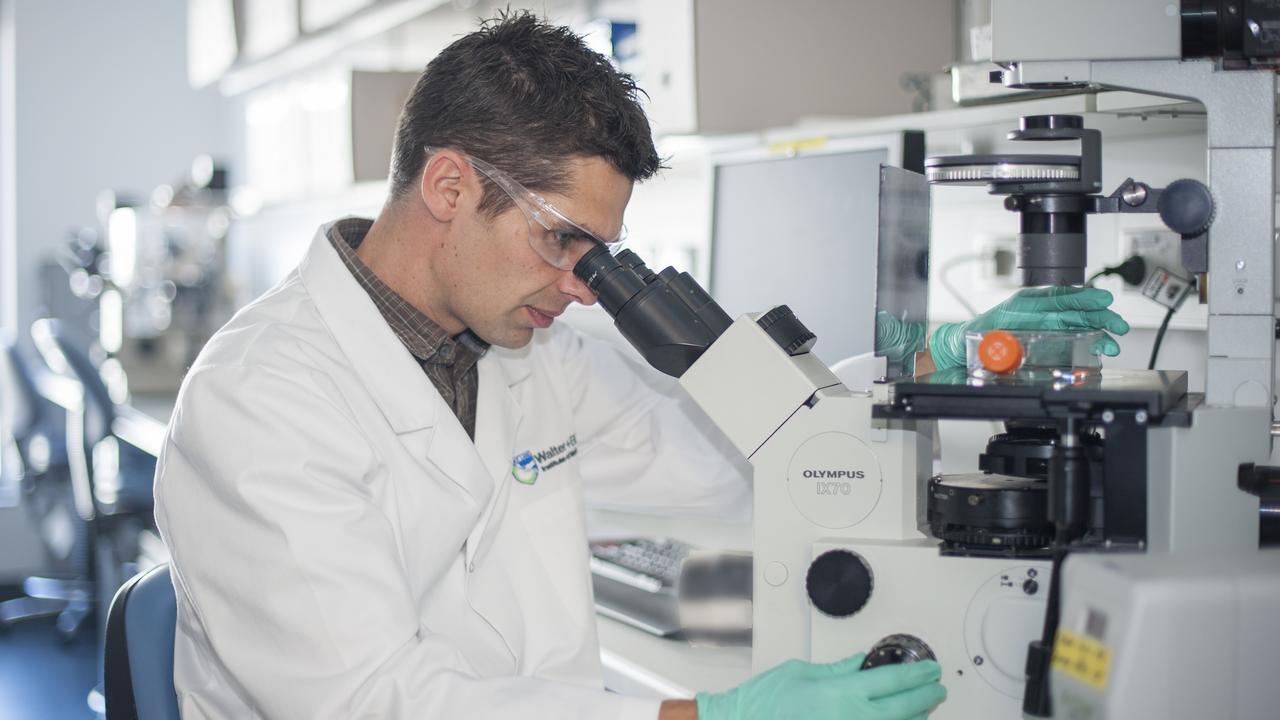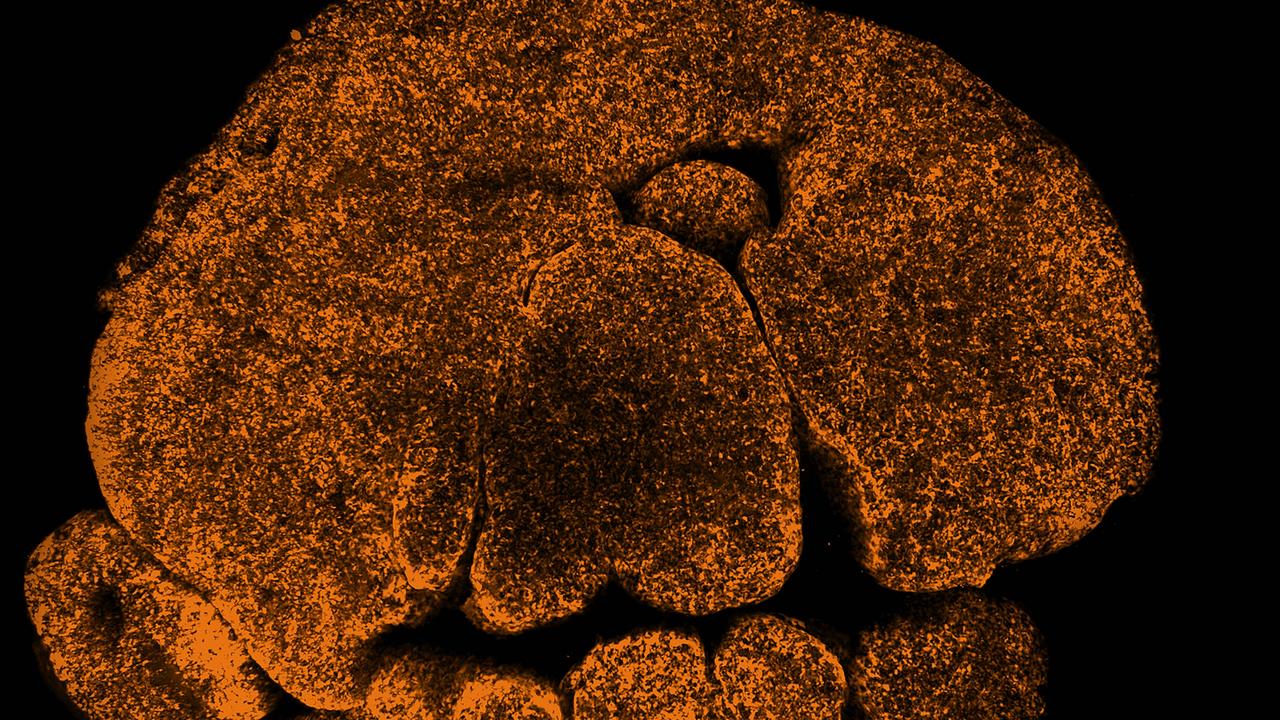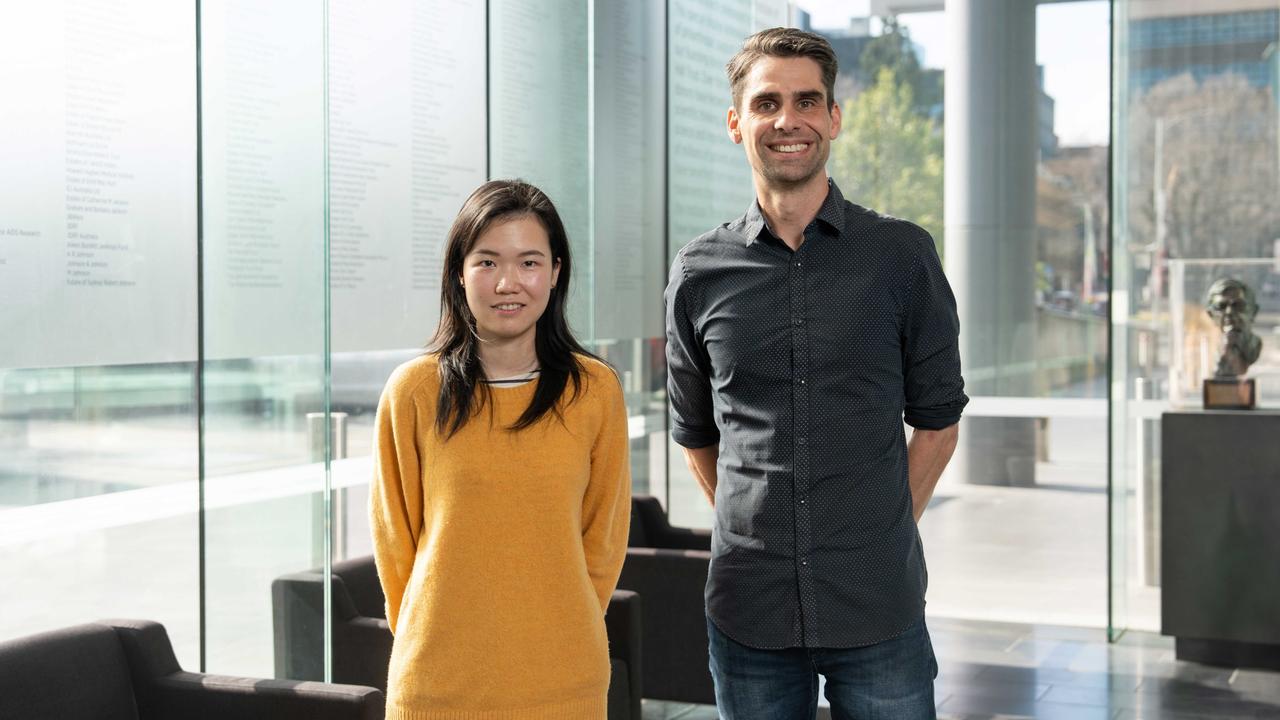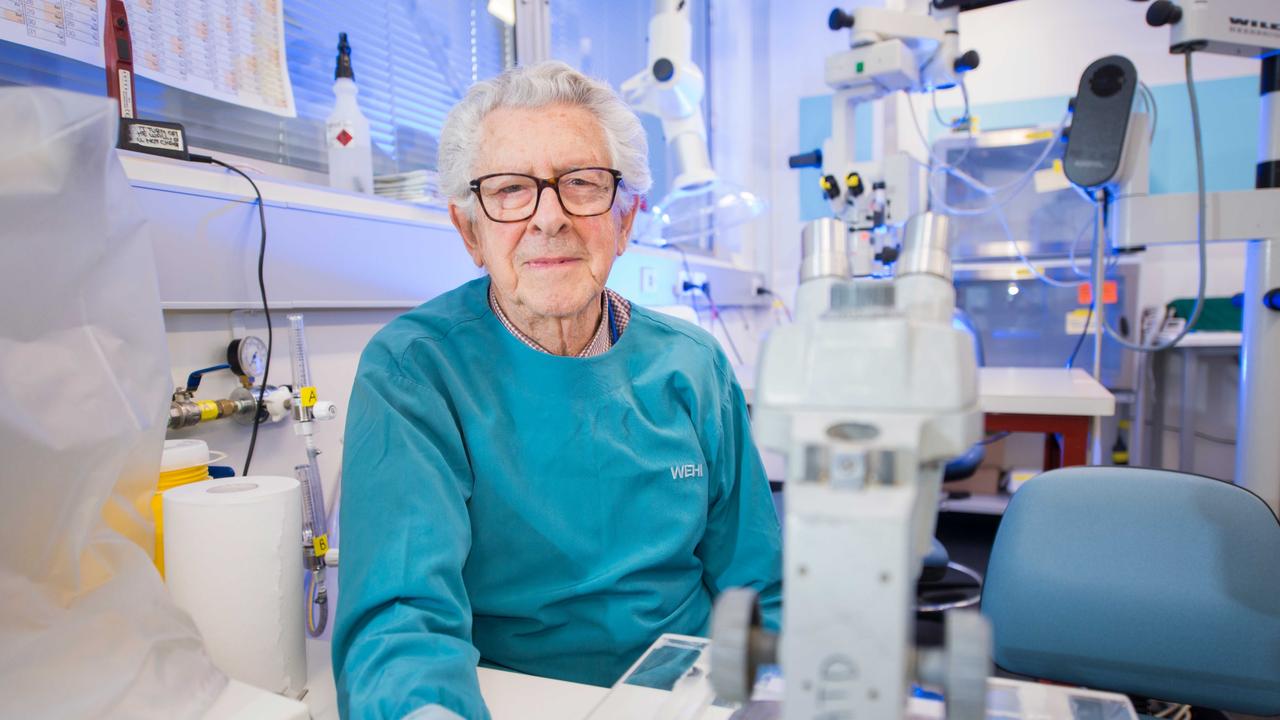Thymus discovery unlocks door to better immunity in ageing
Okay, so it’s not immortality, but why an important organ in the human immune system stops working properly as we age has baffled scientists for decades – until this revolutionary discovery

READING LEVEL: GREEN
Melbourne scientists may have discovered a secret to the body’s so-called “Fountain of Youth”.
For decades, researchers have wondered why the thymus, an important organ that helps to fight off disease, stops working properly as we age.
In a world-first, a team from the Walter and Eliza Hall Institute of Medical Research (WEHI) found a defect* in the thymus that could explain why the “tiny but mighty” organ doesn’t work as well in adulthood, and stops working after the age of 65.
Head scientist behind the research, Professor Daniel Gray, said the discovery could help scientists find a new way to boost the immune system* of ageing adults.
WHY OLDER PEOPLE ARE AT RISK OF INFECTION
In a study published in Nature Immunology, Professor Gray’s team revealed the cells that drive the ageing process in the thymus.
The small organ sits behind the breastbone and is important for immunity*.
From birth, it continues to grow to just under 6cm long, but after puberty it suddenly starts to shrink.

“This weakening of the thymus makes it harder for the body to deal with new infections, cancers and (to) regulate immunity as we age,” Prof Gray said.
“This is also why adults who have depleted* immune systems, for example due to cancer treatment or stem cell* transplants, take much longer than children to recover.”
He says the thymus is the only organ in the body that can make T cells*, which are key to the body’s immune defence.
“The thymus is also one of the first organs in the body to begin to decline with age,” Prof Gray said.
WHY THE THYMUS DECLINES AS WE AGE
Why the thymus stops producing T cells with age has baffled* scientists for decades. Until now.
“Using new imaging techniques we were able to, for the first time, peer into the complete thymus structure and discover one of the reasons this happens,” Prof Gray said. “We have uncovered a part of the puzzle.”

The team found scar-like tissue inside the thymus that was affecting the way it functioned.
Prof Gray said the reason it broke down with age, and why it happened so quickly, was the source of much debate.
“One of the ideas is you just don’t need it anymore and it’s better to conserve energy,” he said. “Another thought is that thymic atrophy* reduces the risk of new immune cells going rogue* and causing auto-immune diseases*.”
This new study, an international collaboration with groups at the Fred Hutch Cancer Centre in Seattle and the Memorial Sloan Kettering Cancer Centre in New York City, provides important and game-changing insights.

“(But) it is not going to stop us from ageing,” Professor Gray said of the discovery.
“Where it would really make an impact is in those people at risk following cancer treatment.”
Kelin Zhao led the imaging efforts at the WEHI. The PhD candidate said the findings showed for the first time how the scarring process stops the thymus functioning properly.
She said the next steps would be developing therapies to try to “reboot” the thymus.
AT A GLANCE:
• The thymus is an organ that sits behind the breastbone that is important for immunity
• It is essential for good health because it produces T cells that help fight infections and cancer
• The function of the thymus was discovered by WEHI Emeritus Professor Jacques Miller in 1958. The discovery brought about a whole new understanding of the immune system, infection and disease
POLL
GLOSSARY
- defect: fault, or something wrong with it
- immune system: the bodily system that fights off infection and disease
- immunity: the ability for the body to fight off infection and disease
- baffled: had scientists wondering why
- depleted: weak, not working well
- stem cell: cells that can develop into many different other types of cells, stem cells act as a repair system for the body
- T cells: a type of white blood cell that develop from stem cells in the bone marrow and help to protect the body from infection and possibly fight cancer
- atrophy: wasting away or reducing in size
- rogue: wild and destructive
- auto-immune diseases: diseases that involve a person’s immune system mistakenly attacking the body
EXTRA READING
Big childhood asthma breakthrough
Strange use for caterpillar venom
Finding a cure for peanut allergies
QUICK QUIZ
1. Where in the body is the thymus located?
2. What is its function?
3. When does it start to decline?
4. What did the WEHI team discover about the thymus?
5. How could the discovery potentially be used to help ageing people?
LISTEN TO THIS STORY
CLASSROOM ACTIVITIES
1. Tiny but mighty!
Create a diagram that will help a younger student understand why the thymus is “tiny but mighty.”
Time: allow at least 30 minutes to complete this activity
Curriculum Links: English, Science, Health and Physical Education
2. Extension
Why do you think the thymus is stronger in children and younger people?
Write a list of as many reasons as you can think of.
Time: allow at least 10 minutes to complete this activity
Curriculum Links: English, Science, Health and Physical Education
VCOP ACTIVITY
BAB it!
Show you have read and understood the article by writing three sentences using the connectives “because’’, “and”, and “but” (BAB). Your sentences can share different facts or opinions, or the same ones but written about in different ways.


